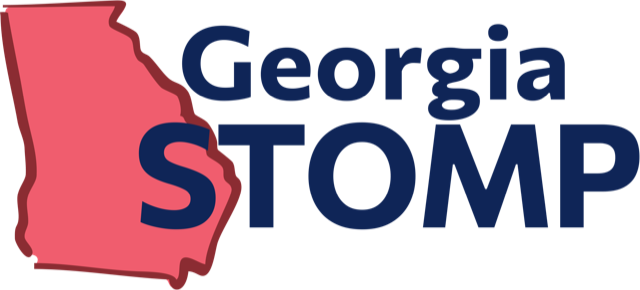Menstrual Equity and WASH
Access to safe water, sanitation, and hygiene (WASH) is fundamental to human health and wellbeing. WASH plays a critical role not only in menstruators’ health, but also in their livelihoods, school attendance and dignity.
Menstruating individuals need clean water and soap to wash their hands, bodies, and in some cases reusable cloths. In addition, they need facilities to dispose of used period products or to dry them if they are reusable. However, in many parts of the world, including the United States, these resources are scarce. In the U.S. at least 2.2 million people lack access to water and basic indoor plumbing at home, and 44 million have running water that is not safe to drink. Race is the strongest predictor of water and sanitation access; Native American households are 19 times more likely than white households to lack complete plumbing. Additionally, 5 of our every 1,000 African American or Latinx households lack complete plumbing. These racial disparities become more pronounced at the regional level. In the South, African Americans are the group most likely to lack complete plumbing.
It is important that both menstruators and non-menstruators understand how WASH principles affect menstruation. Policymakers must be aware of menstruators’ needs to effectively address them, as menstrual needs have historically been neglected in WASH programs.
In Georgia, mass power and water outages caused by hurricanes present risks to the health and dignity of menstruators. Georgia STOMP has successfully collaborated with Georgia Emergency Management Agency and Homeland Security (GEMA) to add period supplies to the list of basic necessities and facilitate distribution of these menstrual products.
To learn about a Georgia organization working for WASH equity, head to Wish for WASH Thinks, a Georgia STOMP member organization dedicated to educating and innovating within the WASH sector.




